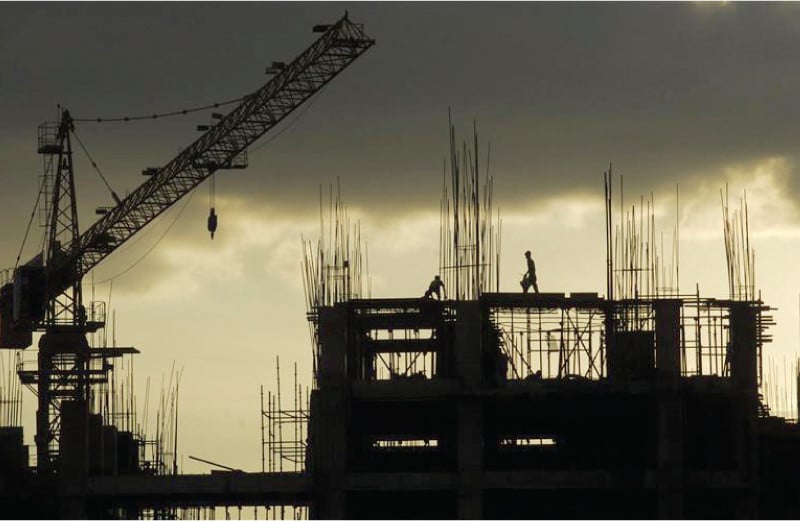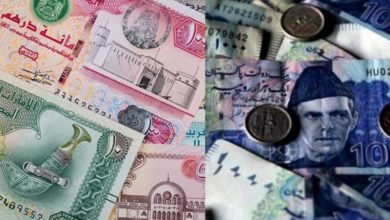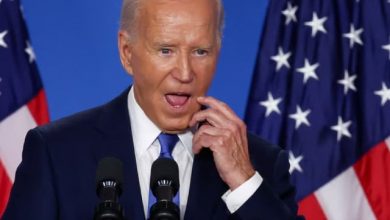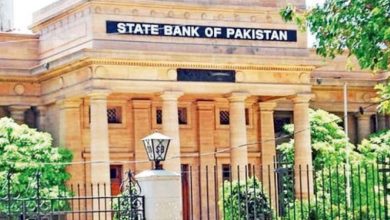Karachi’s industrialists pin hopes for revival on 2024

Leading industrialists in Sindh have labelled 2023 as lacklustre and troublesome, plagued by energy crises, economic meltdown, strikes, and a lack of government support. Despite these challenges, they maintain an optimistic approach in 2024 and hope for the best.
“2023 was tumultuous, with industrialists facing numerous challenges, including skyrocketing gas and electricity tariffs, almost doubling, causing a severe economic slowdown, impacting cash flow, and rendering the industry uncompetitive compared to regional countries. It was an uphill battle,” remarked Muhammad Kamran Arbi, President of the Site Association of Industry (SAI).
He highlighted that after multiple assurances from caretaker setups, industrialists are hopeful for a better 2024. Arbi also called for a clear and consistent industrial policy, endorsing the Charter of Economy presented by the Karachi Chamber of Commerce and Industry (KCCI) to promote industry and exports.
As Karachi enters 2024, the city’s industrial landscape continues to grapple with challenges from the preceding year, noted Siraj S Monnoo, President of the Landhi Association of Trade and Industry. He added that 2023 painted a sombre picture of economic hardships, prompting a call for strategic interventions.
Throughout 2023, Karachi’s industries faced a complex set of challenges, ranging from soaring utility tariffs to issues of gas availability, water shortages, corruption, political instability, inflation, and inadequate infrastructure, he said. This amalgamation of difficulties posed a significant threat to the sustainability of businesses in the region.
Acknowledging the indispensable role of supporting industries in Karachi’s economic fabric, Monnoo stressed the need for a comprehensive strategy to address multifaceted challenges. He highlighted that this strategy should encompass effective governance, impactful policy reforms, and targeted investments to foster holistic economic improvement.
Looking ahead to 2024, he said as Karachi enters this year, business leaders are poised to apply lessons learned from the challenges of the past year. The emphasis on effective governance, policy reforms, and strategic investments remains paramount.
Read Industrialists demand 2-year economic policy
“The challenges of 2023 serve as a catalyst for holistic development strategies in 2024. Business leaders like me are expected to actively participate in shaping policies, engaging in collaborative initiatives, and driving investments that contribute to the comprehensive economic improvement of Karachi,” he said.
Despite the significant challenges of the past year, Karachi’s industrial sector remains steadfast in its pursuit of a brighter economic future, he said, adding that collaborative efforts set the stage for a resilient and dynamic business environment in 2024, underscoring the collective responsibility to overcome obstacles and build a prosperous future for the city.
President of the Hyderabad Chamber of Small Traders and Small Industry (HCSTSI), Muhammad Farooq Shaikhani stated that 2023 was a tumultuous year for the country, largely attributed to the significant surge in electricity and gas tariffs following stringent directives from the International Monetary Fund (IMF). He pointed out that in comparison with India, Bangladesh, and Vietnam, Pakistan faces nearly double the electricity and gas costs, presenting a challenging barrier for the country’s industries to enhance production and bolster exports.
Shaikhani stressed that solely relying on foreign investments, while sidelining domestic investment, would not foster economic stability, as foreign investors tend to follow local investors. Countries that do not provide adequate facilities to local investors seldom attract foreign investment. Nurturing and supporting domestic investors is pivotal to attract foreign investment and stabilise the economy.
To address these challenges, he advocated prioritising the continuity of economic policies to spur fresh investments. Emphasising the significance of thorough examination and consultation with stakeholders, a comprehensive, long-term investment policy must be crafted.




